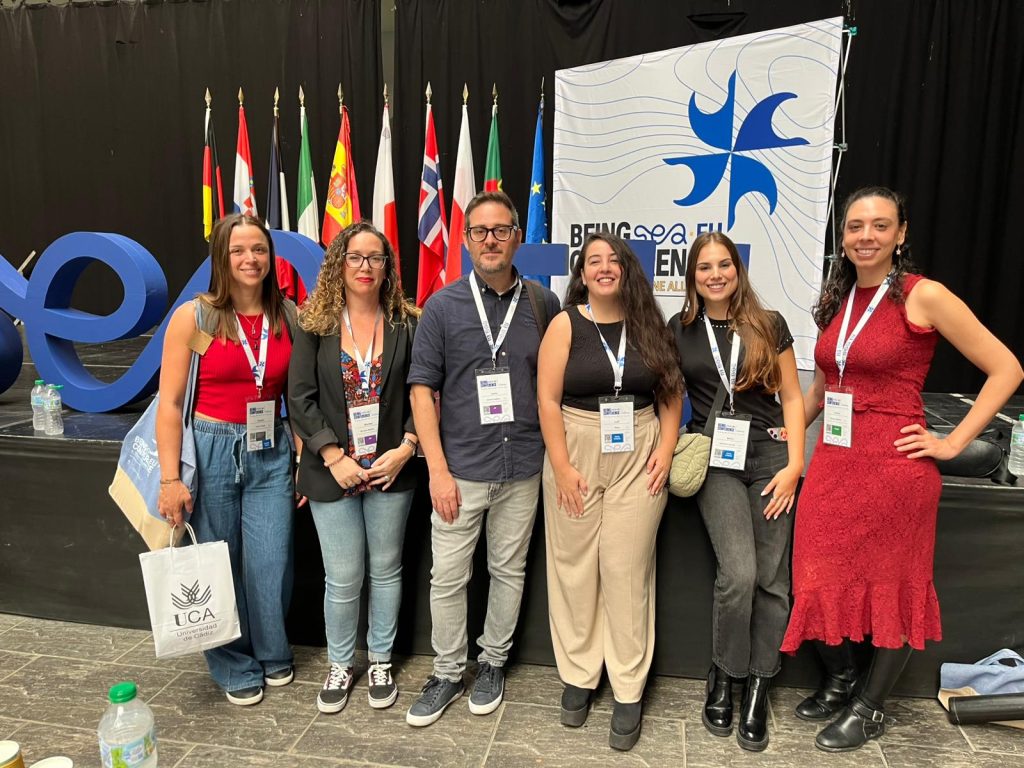Esta semana se ha celebrado en Cádiz el “Being SEA-EU” Conference 2025, donde se han expuesto trabajos de algunos de nuestros investigadores del INDESS. Las investigadoras de laboratorio CS2DataLab María Camacho-García, Esther Ortega-Martín y Judit Pérez Mejía han presentado los avances de sus investigaciones en formato póster.
En el área de Ciencias Sociales, María Camacho-García ha presentado “COVID-19 and conspiracy theories: impact on public trust and health communication” y Judit Pérez Mejía “Disinformation in Spain: impact on beliefs and actitudes towards science and health”. En el área de Salud, Esther Ortega-Martín ha presentado “Post-COVID Symptoms and Conspiracy Thinking”.
Por otro lado, Maribel Serrano-Macías, en el área de Arte y Humanidades, ha presentado su trabajo “Power and endogamy British family networks in the south peninsular from a relational perspective”.
También han participado otros investigadores del INDESS como Julio Lozano-Ramírez, Claudia Castro Sandí, María Eugenia León-Amado, Ceren Taskopru o Rocío Guil, entre otros.


